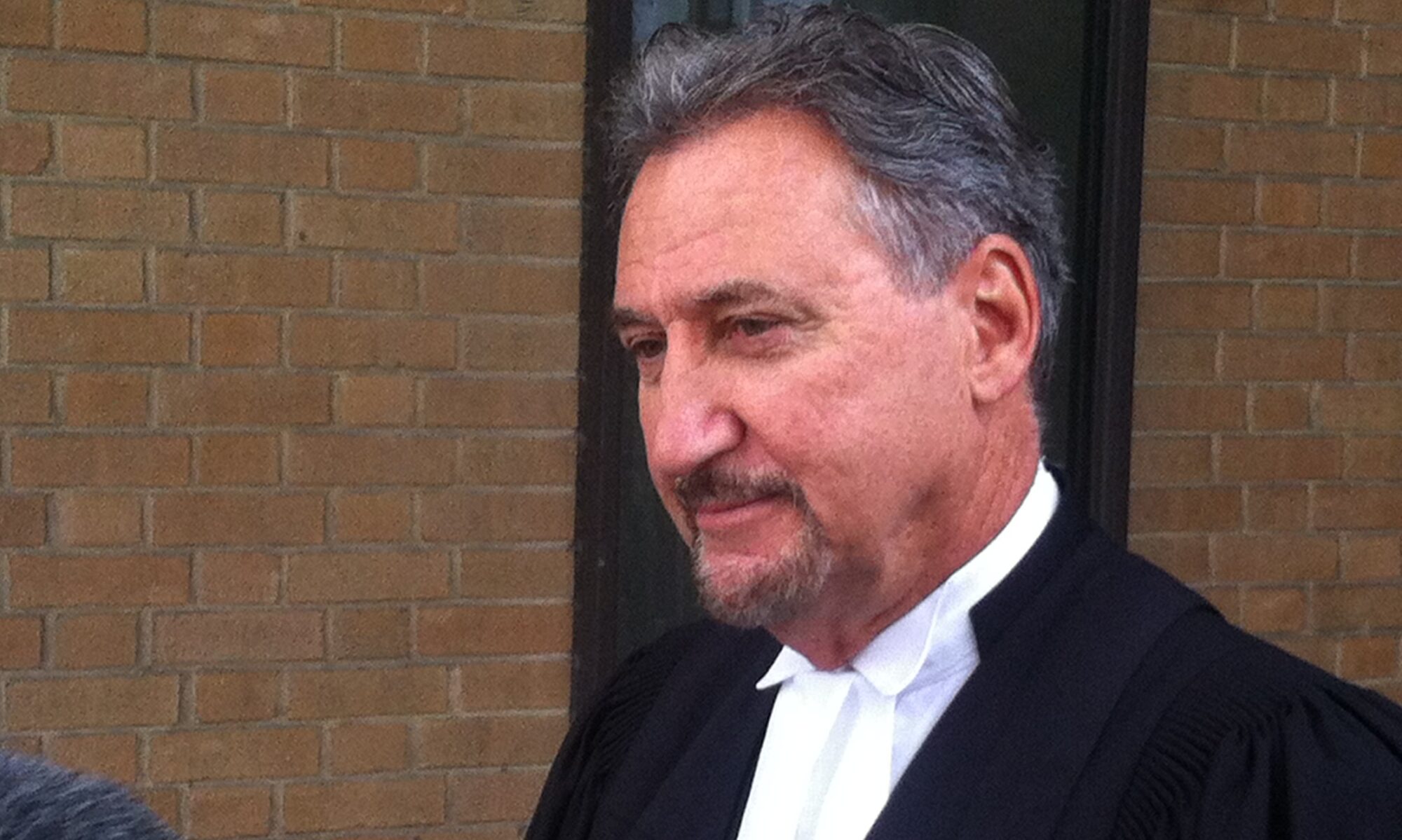 |
| Patrick J Ducharme |
The 2019 Amendments also dealt with section 537 of the Criminal Code. This section, in general, sets out the powers of the Justice or Provincial Judge presiding at a preliminary inquiry providing for adjournments of the inquiry and orders directing the accused to attend for observation or to be remanded for observation.
Section 537 is a general provision permitting the presiding Justice to regulate the course of the inquiry in any way that appears to the Justice to be consistent with the Code unless the Justice is satisfied that to do so would be contrary to the best interests of the administration of Justice.1 The amendments to section 537, however, dramatically expand the presiding Justice’s power to regulate the proceedings.
The amendments permit the Justice acting in the course of the preliminary to “limit the scope of the preliminary inquiry to specific issues and limit the witnesses to be heard on these issues.” This is a significant extension of all previous interpretations of the presiding Justice’s powers of regulation of the inquiry as permitted by subsection 537(1)(i).
Prior to the 2019 amendments the witnesses to be called and the issues to be dealt with at the hearing were matters that were decided the prosecution, and, to a lesser extent, by the Defence through agreements with the prosecutor. The new powers of limiting the scope of the hearing to specific issues and witnesses as determined by the presiding Justice may have the effect of altering the entire nature of preliminary inquiries going forward. The philosophy behind the previous method of regulating the preliminary was based on the belief that the lawyer’s conducting the case had the best knowledge and appreciation of what evidence was relevant. It will be interesting to see if the presiding Justice determines relevancy with or without the assistance of the lawyers.
In the future preliminary inquiries will be available only to an accused who is charged with the most serious offences. And the hearing will be presided over by Judges and Justices with significantly more power to regulate and control the issues and the witnesses.

The above is the an excerpt of Patrick J Ducharme's book, Canadian Criminal Procedure, available at Amazon or in bulk through MedicaLegal Publishing along with Criminal Trial Strategies.
Subscribe to Patrick Ducharme's Youtube Channel
